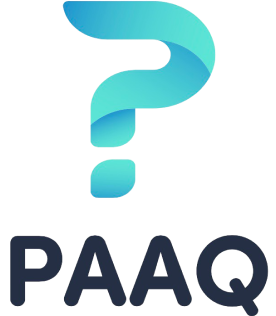The knowledge economy, driven by innovation and intellectual capital, has become a cornerstone of modern economic growth. In this landscape, strategic talent development is emerging as a critical priority for organizations aiming to remain competitive and adapt to rapid changes in technology and market demands.
Unlike traditional economies that relied on physical resources and manual labor, the knowledge economy values skills, creativity, and expertise. This shift necessitates a reimagining of talent strategies to focus on cultivating a workforce equipped to navigate complex, information-driven environments.
One key trend in talent development is the emphasis on continuous learning. With the pace of technological advancements, professionals must consistently update their skills to remain relevant. Companies are investing in learning management systems (LMS), offering employees access to on-demand training programs, certifications, and microlearning modules. These tools empower employees to take ownership of their professional growth while aligning their skills with organizational goals.
Collaboration across disciplines is another hallmark of the knowledge economy. Organizations are fostering interdisciplinary teams to solve complex problems, combining expertise from diverse fields. This approach not only drives innovation but also encourages employees to think beyond traditional boundaries and embrace holistic problem-solving.
Mentorship and leadership development programs are also gaining prominence. As younger generations enter the workforce, organizations are recognizing the value of pairing experienced leaders with emerging talent. This exchange of knowledge and perspectives enhances decision-making and ensures a steady pipeline of capable leaders for the future.
However, the transition to a knowledge-driven workforce comes with challenges. The digital divide and unequal access to educational resources can limit opportunities for certain populations. Addressing these disparities through inclusive talent development initiatives is essential for fostering equitable growth.
Strategic talent development is the linchpin of success in the knowledge economy. By prioritizing continuous learning, interdisciplinary collaboration, and inclusive opportunities, organizations can build a workforce prepared to thrive in an era defined by innovation and intellectual capital.
Source: Springer




